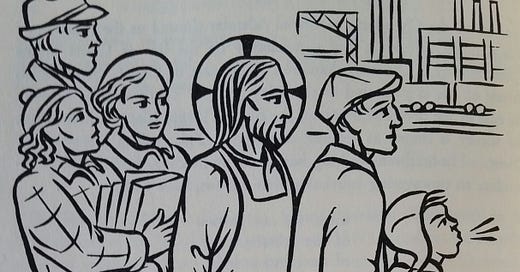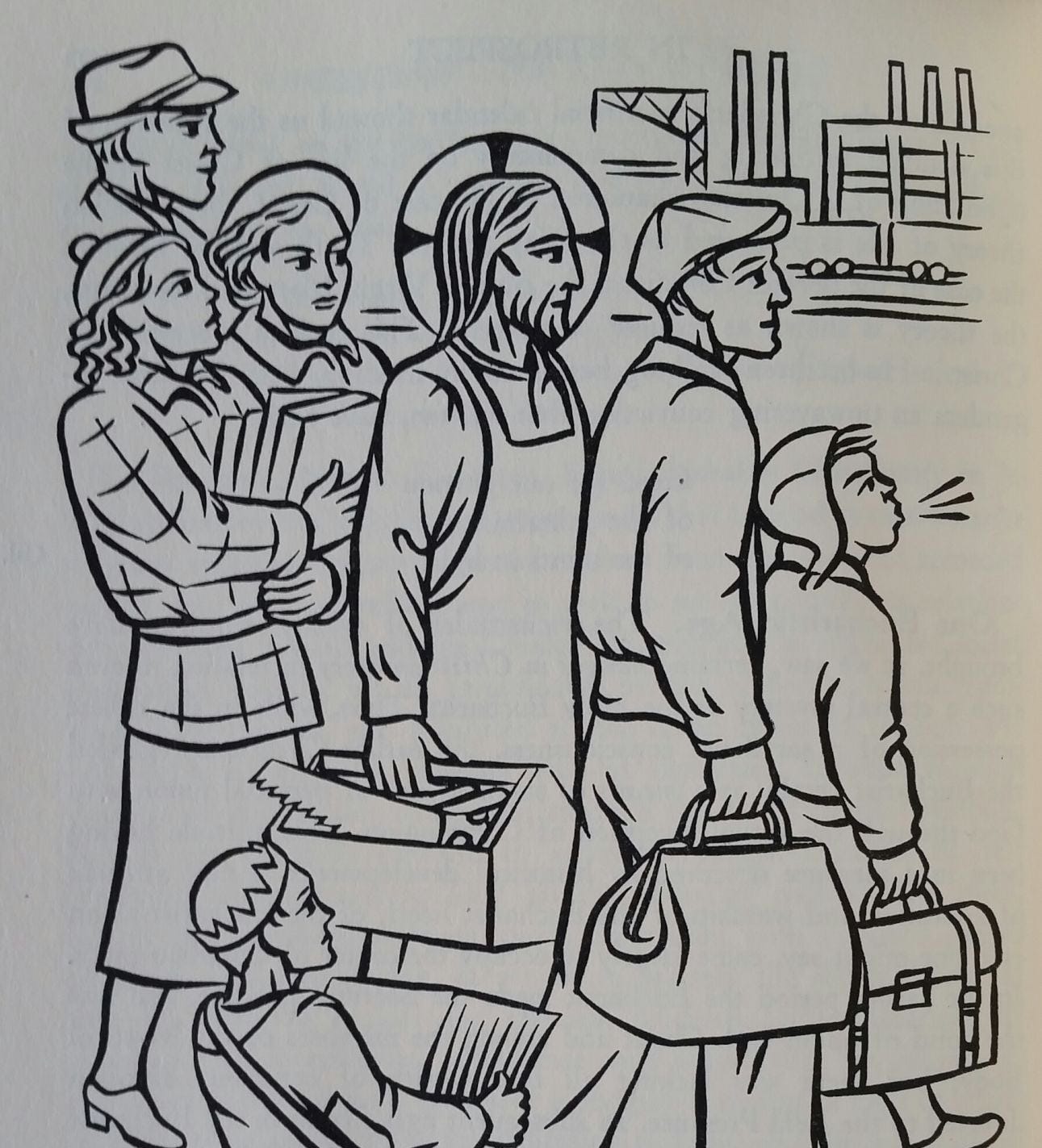Earlier this week I came across an interesting poll on Twitter (yes, I’m still on Twitter) posted by Glenn Packiam, a well-known author and Lead Pastor of Rockharbor Church in Costa Mesa, California.
The question was put simply: What’s your definition of a theologian?
Across 500+ votes (with the poll allowing only one choice per account), “Deep thinker/clear speaker,” received 39.6% of the votes, “M.Div/Seminary Educated” received 16.6%, and “Th.D. or Ph.D. in theology” received the majority 43.7%.
A day later Packiam shared his thoughts on the poll:



As someone who claims the title of “theologian” but does not have a Ph.D. or a popular following (at least to social media standards), the results of Packiam’s poll got me thinking.
I agree that it truly is concerning to see folks with no theological education call themselves “theologians.” As Packiam notes in the tweet above, I am worried that digital popularity and hot-take podcasting have elevated some folks to a level of theological authority that is dangerous because their credibility is found in an appeal to an in-group, rather than actual theological study. These folks (on all corners of the social arena) often place their theological musings in service to a governing political or ideological end when the relationship should be the other way around.
Others petition that “everyone is a theologian.” This is what I was taught growing up and also in Bible college. The argument goes that because theology means “God-talk” or “God-study” (from the Greek, logia) if you’re talking about God then you’re doing theology.
Both of these responses do a disservice to the folks who do the hard work of rigorous, peer-reviewed theological research and writing. To use a hyperbolic comparison, the podcaster who uses biblestudytools[dot]com to find verses about __X__ is not the same as the tenured seminary faculty writing a 200,000-word systematic theology. While both have the potential to serve the church in their own right, this doesn’t mean they are both doing the craft of a theologian.
However, you may argue that the seminarian writing their Masters's thesis, while not google searching bible verses, is also not writing a systematic tome. This is true.
So, what determines if someone is a theologian? While opinions clearly differ, here is a non-exhaustive list of questions and concerns that come to mind when I am aiming to determine if someone is a theologian (and, more often, what kind of theologian they are):
Does the guild recognize the individual’s work? That is, do established and highly respected theologians accept the individual’s work as concrete and authoritative?
Is the individual in relationship & good standing with theological institutions and seminaries? This includes where one is an alumnus, but also goes beyond that. The world of theology is an expansive network that is deeply interconnected—similar to the guild, if you aren’t a part of any networks, it is valid to question why.
Is the individual connected to the Christian church? This, in my opinion, is part of what separates a scholar of Christianity from a theologian. To do theology is to be in service to the body of Christ—to equip, nourish, love, and educate the people of God on the deep things of God.
Is the individual contributing to the field through journals, articles, books, etc.? That is, is the individual producing theological work that could be cited in an academic paper? Again, this goes back to having credibility beyond oneself. When one’s theological commentary and writings are published in public spaces, they are open to critique and correction. When one’s work is constructively built upon and cited, this is a clear sign that one is a part of the theological conversation.
On a similar note, I also look to see if the individual is in conversation with respected publishers & online journals (about books, chapter contributions, articles) about offering a unique theological project they are advancing. The latter half of that sentence is important—a theologian will have a distinct theological project they are arguing for. This is the work of the academy—and something that every Ph.D. candidate (and most with a Master’s education) has done.
All this being said, I must admit I worry that when the title of "theologian" and (more importantly) the work of theology is confined to those with the opportunity to pursue and complete doctoral work, we will miss out on a lot of great insight, commentary, wisdom, and knowledge from folks w/out a PhD. Indeed, some of the greatest theological come from the laborer, the migrant, the social worker, the community organizer, and the lay pastor. These folks may not have the opportunity or ability to make the economic, social, and familial sacrifices to dedicate years to a program. Yet, their voices are crucial to generative theological discussion.
This is one reason why the question “have they earned a doctorate” is not included in the list above. Another reason is that not all scholars with PhDs are good or even decent theologians. (This will have to be a conversation for another post).
So, what are we?
Well, one path forward is to include descriptors like “emerging theologian,” “aspiring theologian,” or “theologian in training.” I think these are all fine. Just as we have senior and junior scholars, I don’t see why we can’t have tiers of theologians.
However, I tend to agree with my friend
who said this in reply to my Twitter thread on this topic:
I appreciate this language of “democratization of identity” because it emphasizes the communal nature of theology and theological education.
Whether or not we reach an agreement on who is a theologian, I know this to be true: Theology, when done best, is a collective effort. It is the culmination of diverse experiences, worshipful gatherings, intriguing conversations, great books, and the shared experience of God’s divine love in our world. It is the outpouring of our collective journey in following the way of Jesus.
Reading:
Chelsea & Joshua Bombino, The Wombing of Social Movements: Unearthing the Role of Spiritual Motherhood (Comment Magazine)
- , A Tribute to Robert W. Jenson (Cracker Barrel Barthian)
Shaun Casey, The Future of Religion in American Diplomacy (Religion & Politics)
Watching:
Not Dead Yet (Hulu)
The 1619 Project (Hulu)








I appreciate this piece! I do agree with Colton that the category of the theologian ought to be democratized. I’m constantly wondering if I can compare my grandmother (a key theological role
model for me, even w/o an institutional degree) with “giants” like Bruce McCormack, James Cone, or even John Calvin. I often wonder if her theologizing as a gardener and a Filipina matriarch is as powerful and significant as Calvin’s theologizing. I’m inclined to say... yes. But that also makes me ask more questions.